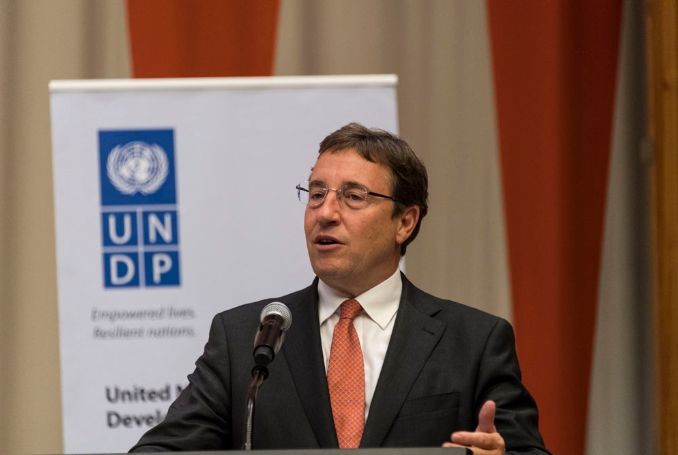
Policy Paper (2): Transparency at the United Nations
As an independent monitoring initiative, the objectives of International United Nations Watch (IUNW) include ensuring that the United Nations and its various bodies adhere to the founding principles laid out in the UN Charter. Civil society forms an integral third sector part of the UN’s work to advance the organization’s ideals and help support its work. Yet the work of IUNW and of other monitoring NGOs depends on transparency within the UN. As such, the quality of the work of the UN is tied to the level and quality of its transparency. Furthermore, transparency is a necessary component in enforcing and promoting accountability, both for individuals and organizations.
Transparency is a core principle of transnational governance. The politics surrounding transparency call attention not only to what type of information is released to the public, but what information is kept hidden. Such politics may imagine transparency as a strategic tool to promote an agenda by exercising control over what information is made publicly available, influencing the parameters of the discussion. Transparency in this case is designed to control the type of topics that may become controversial, limiting the range of controversy and thereby accountability. As such, high quality transparency must not be bureaucratic; the increased role of civil society is necessary to create and promote transparency within the UN and exercise a positive influence on knowledge production and public dissemination through a more extensive understanding of transparency.
The quality of transparency is not simply defined by the amount of information released. The accessibility, relevance and accuracy of the information in question is of equal importance. I Information must, of course, be available to those who need it for policy-making, operational purposes or evaluation. Transparency and accountability are rooted in the effectiveness of the prevailing system of oversight. This requires both internal and external investigations and evaluations. Internally, committees such as the Joint Inspection Unit, the Independent Audit and Advisory Committee, and the UN Office of Internal Oversight Services and similar initiatives were established early on in the UN, with additions and refinements as required with the passage of time and the advent of new technologies. Most of the inspection and oversight units publish regular reports to ensure transparency.
Some may face challenges with respect to confidentiality and demands for more procedural oversight. Yet a policy of public scrutiny of the audits does encourage auditors to produce reports of higher quality and helps involve the public in oversight procedures. In fact, external transparency should not only be implemented at the nation-state level – it should become standard grassroots practice as well. In the contemporary world where the internet has become the key platform for disseminating public information, issues n of transparency are no longer restricted to ensuring that financial transactions are conducted appropriately and with probity in order to protect against corruption. Transparency is also vital in order to accurately assess the sociological and environmental impact and effectiveness of UN programmes in general.
To read the full paper, please click here.


